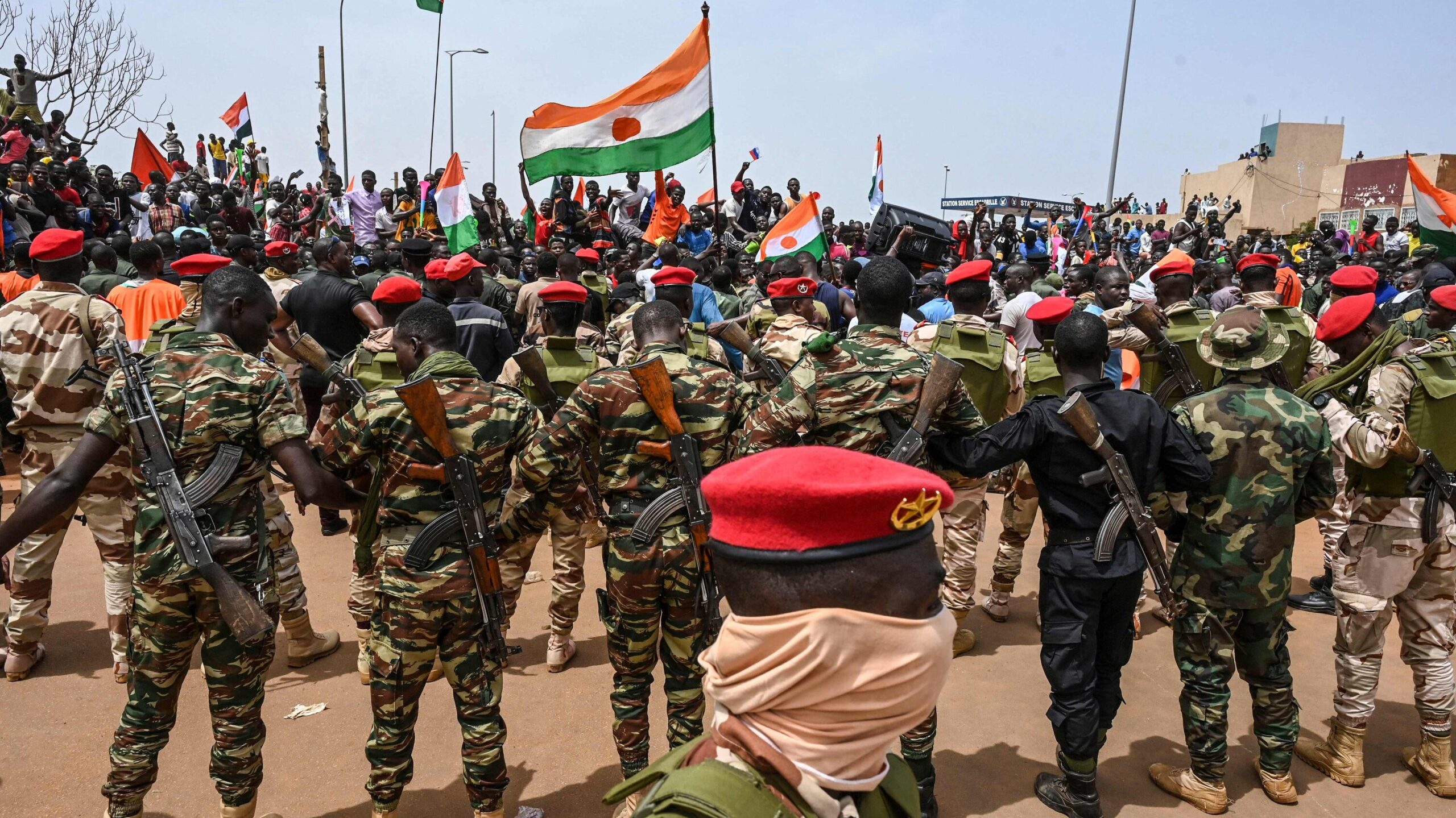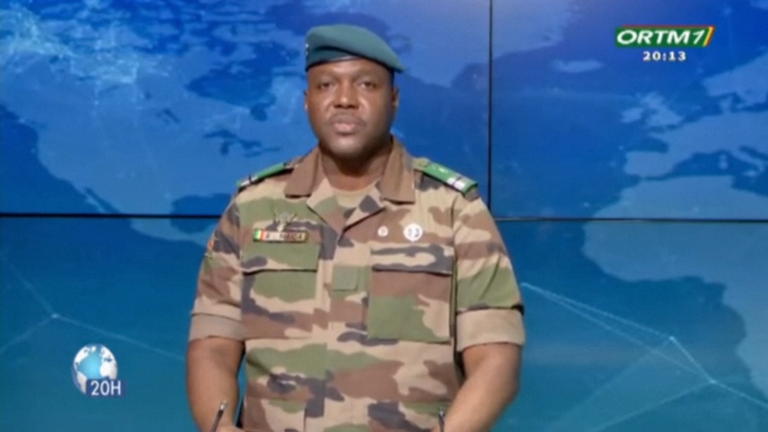he military governments of three African states, which all deposed their Western-backed leaders in recent years, have agreed to assist each other, individually or collectively, in case of any external aggression or internal threat to their sovereignty.
Mali’s interim president, Assimi Goita, said on Saturday night that he signed the so-called Liptako-Gourma Charter with the leaders of Burkina Faso and Niger “with the aim of establishing a collective defense and mutual assistance framework.”
“Any attack on the sovereignty and territorial integrity of one or more contracted parties will be considered an aggression against the other parties.
he charter establishes an Alliance of Sahel States, which comprises three countries which had previously been members of the Paris-supported G5 Sahel pact with Chad and Mauritania, that has fallen apart following a series of military coups.
The Defence Minister of Mali, Abdoulaye Diop, explained that this new “alliance will be a combination of military and economic efforts between the three countries” with a priority on the fight against terrorism, particularly in the Liptako-Gourma region where the borders of the three neighbours meet.
Mali and Burkina Faso previously stated that any attack on Niger would be a “declaration of war” against them as well, after several of Niger’s neighbors from the Economic Community of West African States (ECOWAS) threatened to send troops to restore deposed President Mohamed Bazoum.
Paris was forced to withdraw troops from Mali following tensions with the military government in 2020. Earlier this year, it also pulled out of Burkina Faso after the country’s military rulers ordered them to leave.RT


 NP
NP
